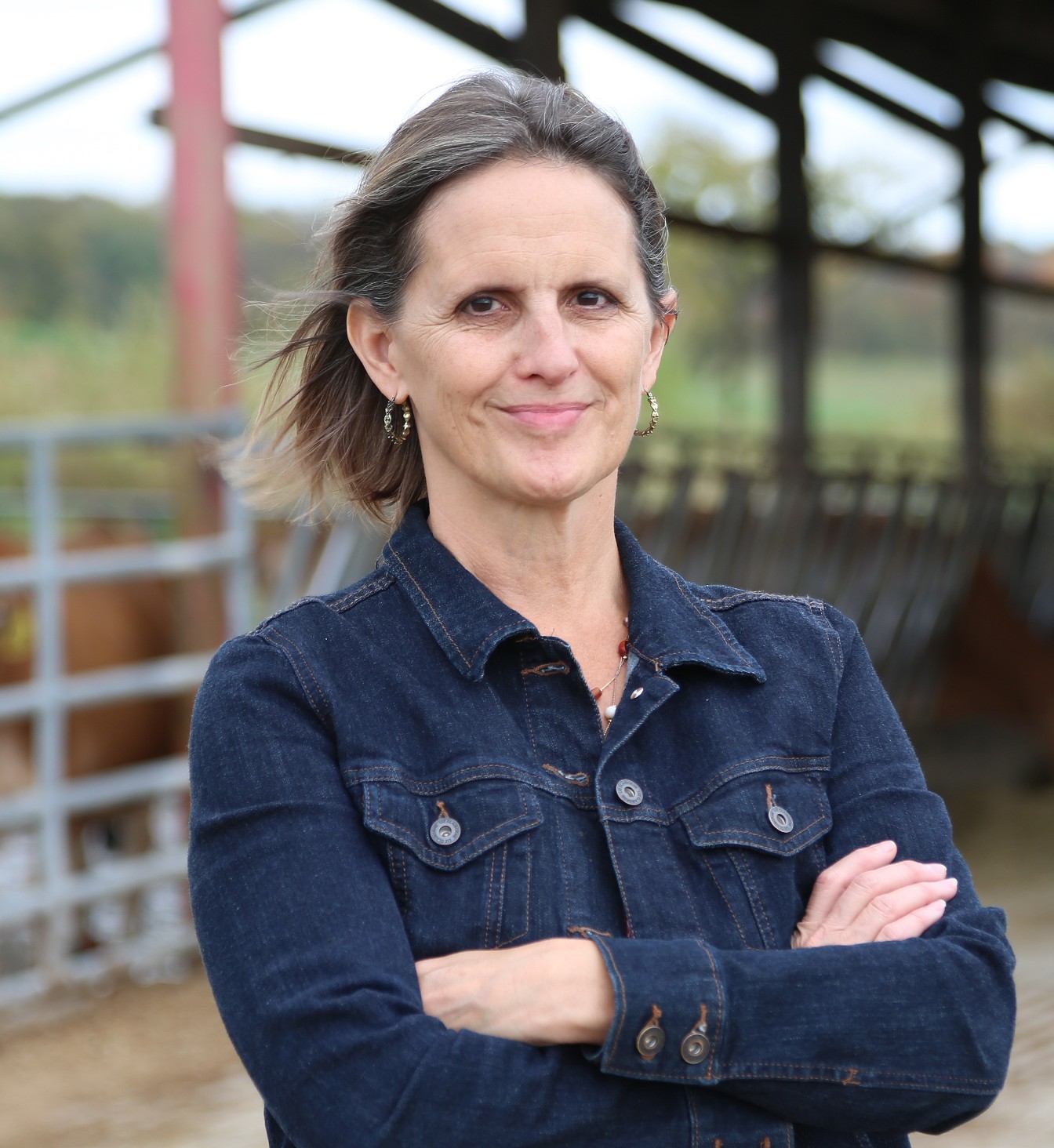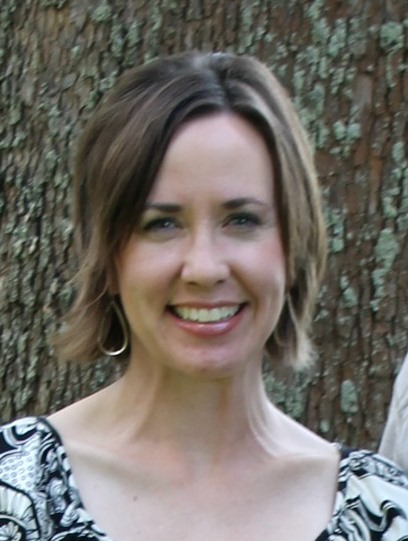Cottage Food Laws: Adequately Addressing Food Safety and Economic Opportunity?
Sponsored by the Agricultural and Food Law Consortium
Topic:

Nearly every state in the U.S. has a cottage food law that allows entrepreneurs to produce certain food products in their homes with little regulatory oversight. Many applaud these laws for creating opportunities for producers to generate income from small scale production of foods that have a low food safety risk. Others argue, however, that cottage food laws impose needless restrictions that impede entry into the food market without a valid public health and safety purpose. There is notable variation from state-to-state on the definition of cottage foods and the regulatory requirements for cottage food producers, suggesting a lack of consensus about the role of regulatory oversight for cottage food production.
In this webinar, we’ll examine the issue of whether cottage food laws adequately address food safety risks while enabling economic opportunity for food entrepreneurs. We begin with an explanation of the food safety aspects of cottage food production. We’ll compare and contrast cottage food laws, focusing on how states define cottage foods and regulate the production, labeling and sales of cottage foods. Throughout our discussion, we will analyze how different state approaches align with food safety risks and identify barriers that may impede opportunities for cottage food production.
Participation:
This webinar was recorded on June 20, 2018. To listen to a recording of the webinar, please click here.
Presenter:
Emily Adams is an Educator with Ohio State University Extension. She holds a B.S. and an M.S. in Food Science from The Ohio State University. Adams worked for Abbott Nutrition as a Product Research and Development Scientist for nine years before joining OSU Extension as the Agriculture & Natural Resources Educator for Coshocton County. Emily counsels farmers and food producers on direct marketing of meat, eggs, and cottage food products.
Peggy Hall is an assistant professor and field specialist in agricultural and resource law. Hall is a graduate of The Ohio State University (B.S., M.S., Natural Resource Policy) and the University of Wyoming College of Law (J.D.), where she served on the Land & Water Law Review. She is a Past President and Board Member of the American Agricultural Law Association; Past Chair of the Ohio State Bar Association Agricultural Law Committee and served as an Advisory Board Member for the National Agricultural Law Center. Hall currently teaches Agribusiness Law in the College of Food, Agricultural and Environmental Sciences at The Ohio State University and directs research and outreach projects for OSU’s Agricultural & Resource Law Program.
